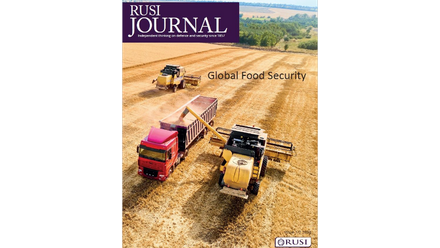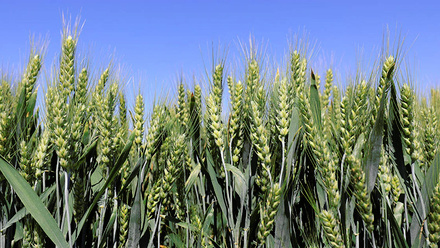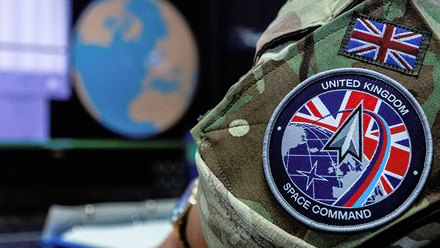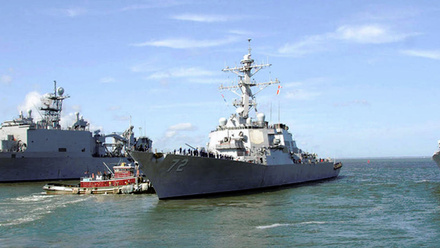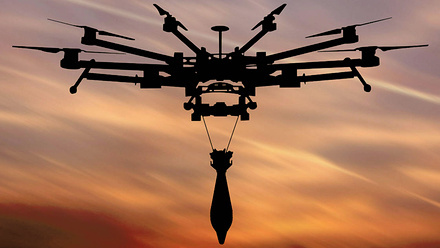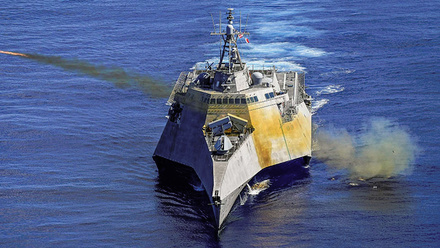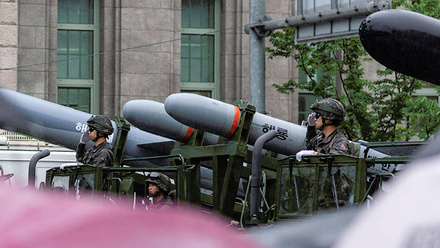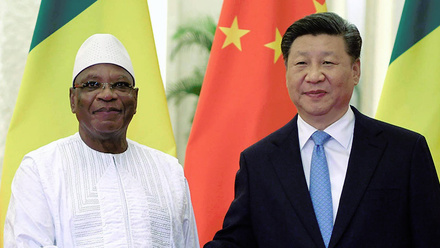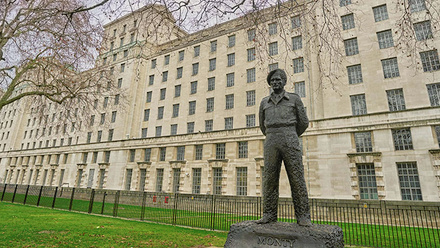Editors Note (Vol 169 | Issue 1-2)
In the past few years, the fragility of the global food supply chain has been brought to the attention of the world – first with the shortages during the Covid-19 pandemic, then even more prominently by the negotiations around exports of wheat affected by the Russia–Ukraine War. Suddenly, the impact of geopolitics and conflict on food production and trade was laid bare for all to see.
The recent Houthi attacks on cargo ships in the Red Sea compounded the public realisation of food insecurity as something that is not solely a concern in extreme cases of famine and war, but a widespread phenomenon that affects societies across the globe in different ways.
This fragility in the global food system, aggravated both by flares in violent conflict and ongoing shifts in weather patterns and crop production due to climate change, is a marked example of the interconnectedness of geopolitics and societal resilience.
In this issue of the RUSI Journal, Jennifer Cole and Ivica Petrikova analyse the complexities of global food security, and discuss implications for UK policy at home and abroad.
Dr Emma De Angelis
Editor, RUSI Journal

